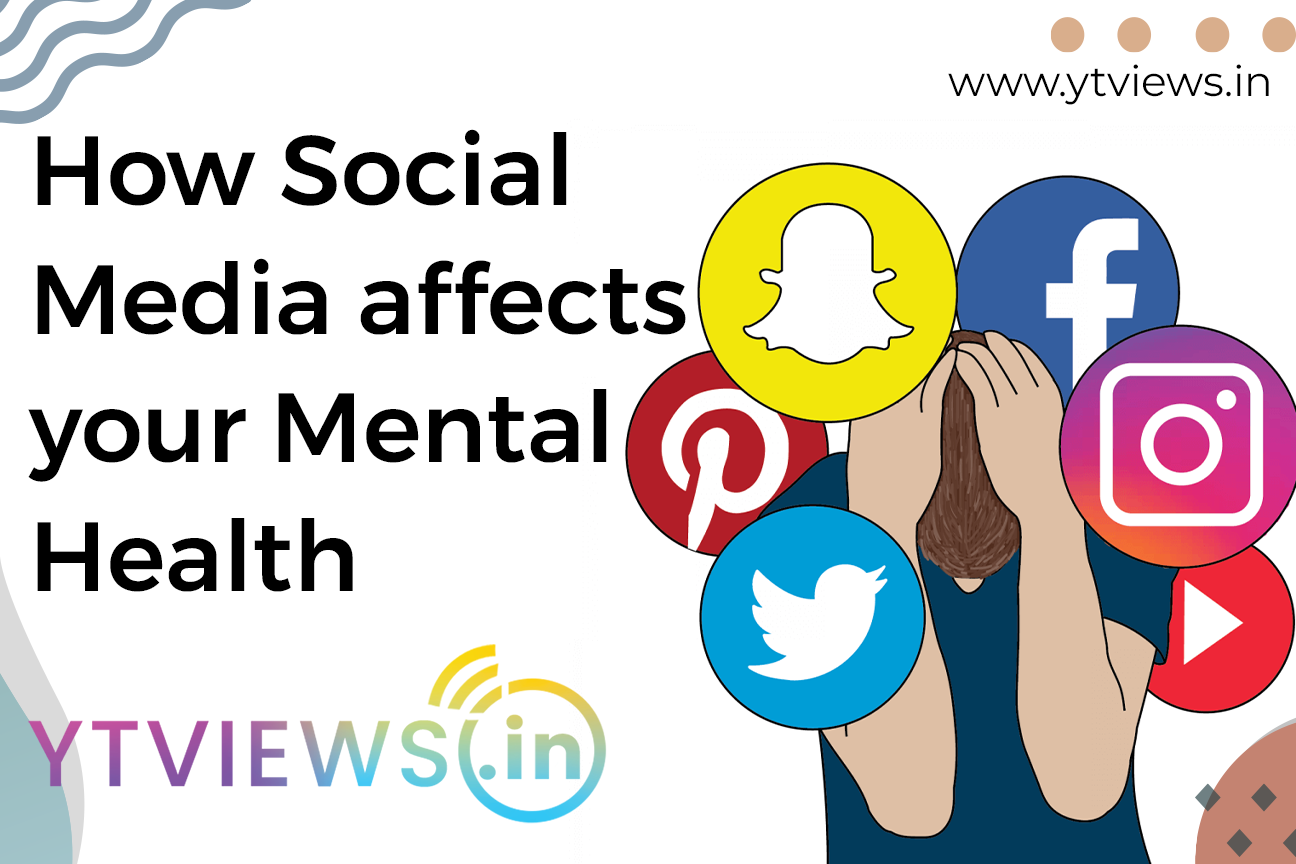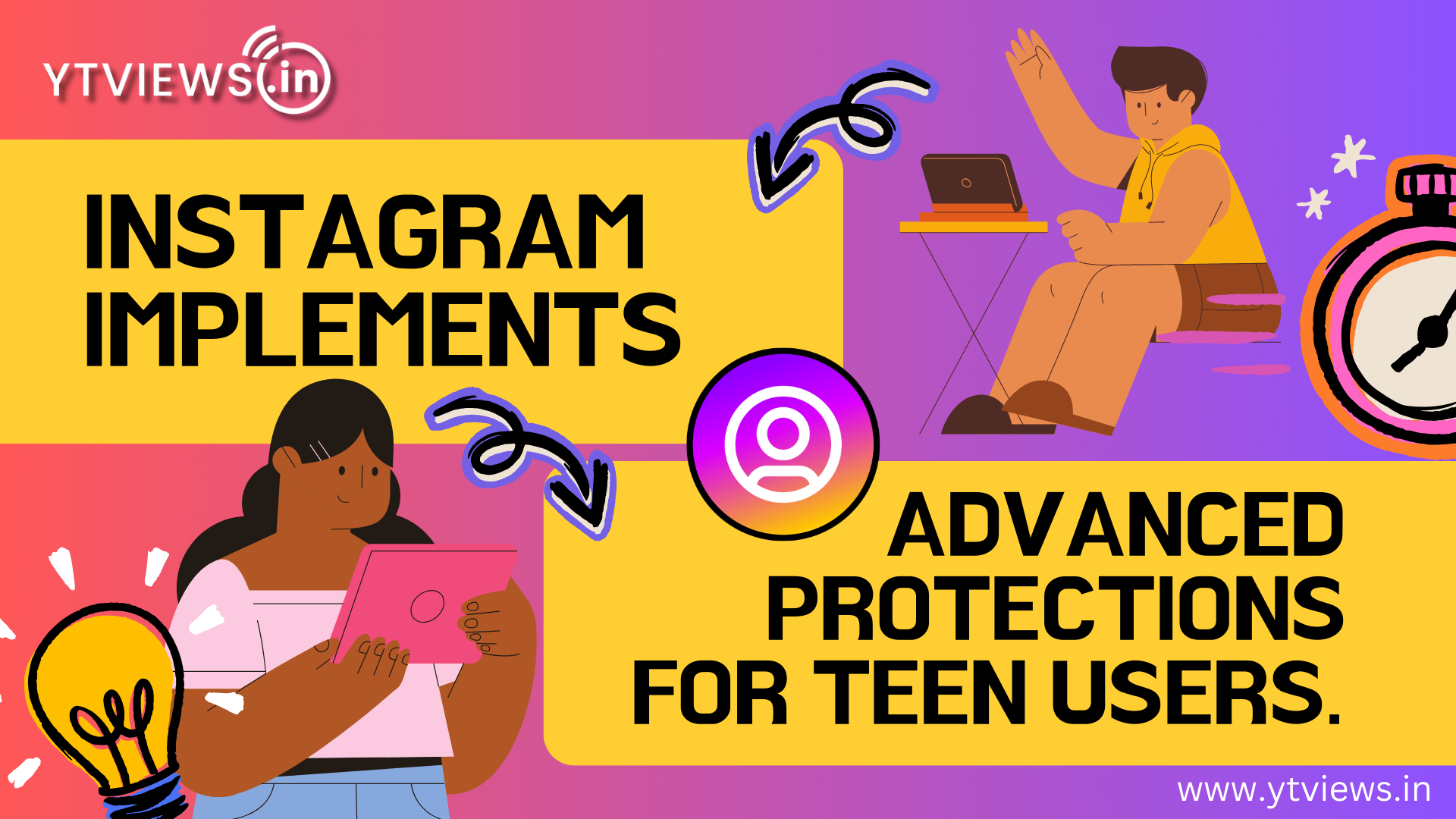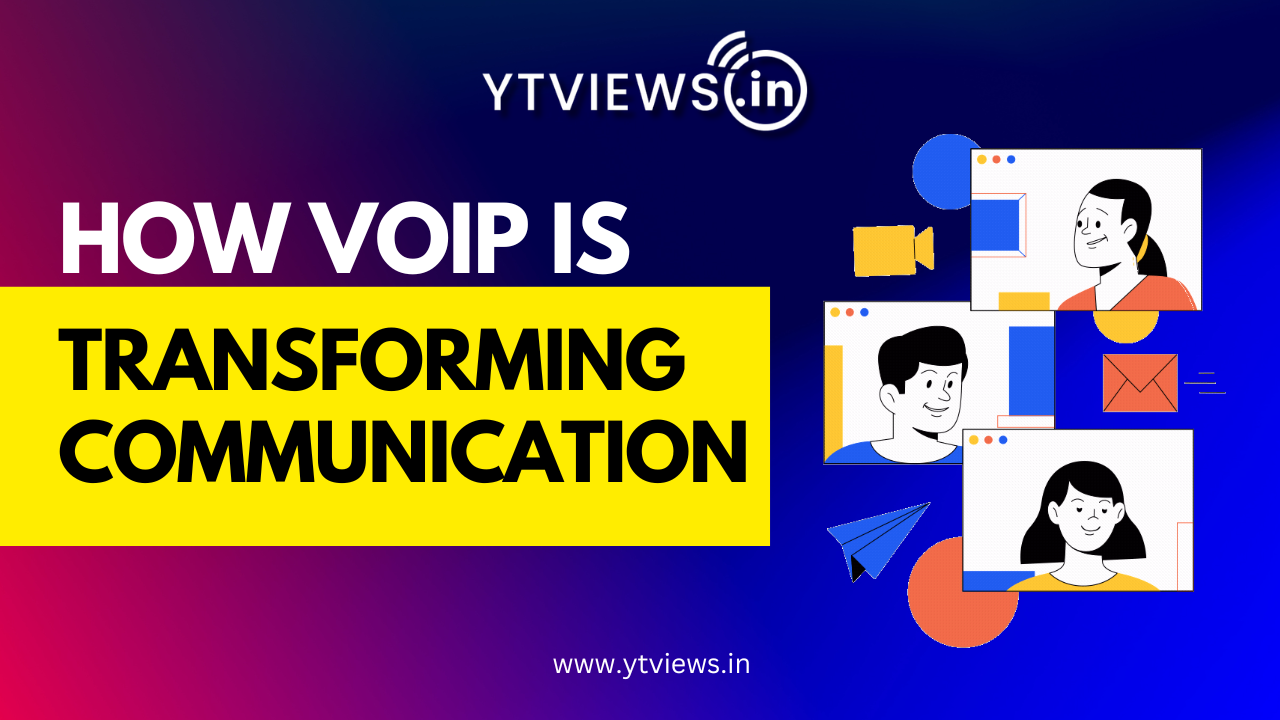How Social Media affects your Mental Health
 Is Social Media good or bad?
Is Social Media good or bad?
Today, it’s strongly divided, and the evidence suggests that it can be either way, depending on how you use it. Several researchers have conducted studies to understand how this affects overall health. This article reviews some of the most critical findings of such studies.
Social Media and Mental Health
Communicating with long-lost acquaintances has never been easier. Type their names into any social networking site and you’ll likely find childhood friends and classmates. You can then connect and relive the good old days and create new memories by meeting up, exchanging gifts and rekindling friendships.
Friendship is primarily healthy. This is an example of the positive influence of social networks that unite people. On the other hand, some psychological problems can occur due to excessive use of social networking sites.
The Positive Effects of Social Media:
The ease of use of smartphones, tablets and computers has allowed more people to access the Internet more often. It allows people to use social media in many creative and healthy ways, such as creating family groups on Facebook. Social media also makes communication easier, which is good because talking to others can help people feel better.
In addition, social media provides a great opportunity to build supportive communities that help people cope and cope with various life situations, such as pregnancy or financial challenges. Experienced mothers can help new girls prepare for newborns by recommending the right baby products and providing emotional support. Money managers can advise on financial plans for building wealth or getting out of debt.
The Negative Effects of Social Media:
Some people can put on a happy face on Facebook or Instagram, but they struggle inside. Others will pretend their lives are perfect to gain popularity. But their positions can cause suffering to others.

How Social Media can be an Addiction?
Social Media and Self-Esteem: If someone posts about their recent vacation to a tropical island with their spouse, some people who see the post will compare themselves or feel envious. Additionally, such posts can create a sense of inferiority for those who are experiencing challenges in marriage, singleness, or just bread and butter. Also interesting is the situation when users publish posts on social networks, but do not engage with their posts in the form of “Likes” and comments. This can make them feel unwanted, lowering their self-esteem.
Social media and Depression:
People can become addicted to social networking sites. They have to contend with sleep deprivation and loneliness, as over-reliance on social media can mean less physical interaction. Lack of sleep can lead to other health problems, including weakened immunity and depression. Several studies have shown that while social media use does not predict depression, a significant number of people who regularly use social networking sites have symptoms of depression. Warning signs include feeling tired and lonely.
Social Networks and Behavioural Health:
A little to moderate use of social media can be an advantage. Excessive use can lead to serious behavioural health problems; addiction. It may not be a clinically recognized medical condition, but medical experts know the harmful effects of excessive use of social networking sites such as Facebook.
Addiction means that people spend less time on important, productive and healthy activities such as exercise, work, reading and physical interaction with friends and family. Addiction can lead to behavioural imbalances that challenge a person’s psyche, but can also lead to other negative effects such as depression.
Related Posts

Instagram Implements Advanced Protections for Teen Users.

5 Skills to Become a Successful Social Media Marketer

LinkedIn Adds AI Training Opt-out Option

What Video Editing Software Do Youtubers Use in 2024?

How VoIP Services are changing the Way We Make Calls




































